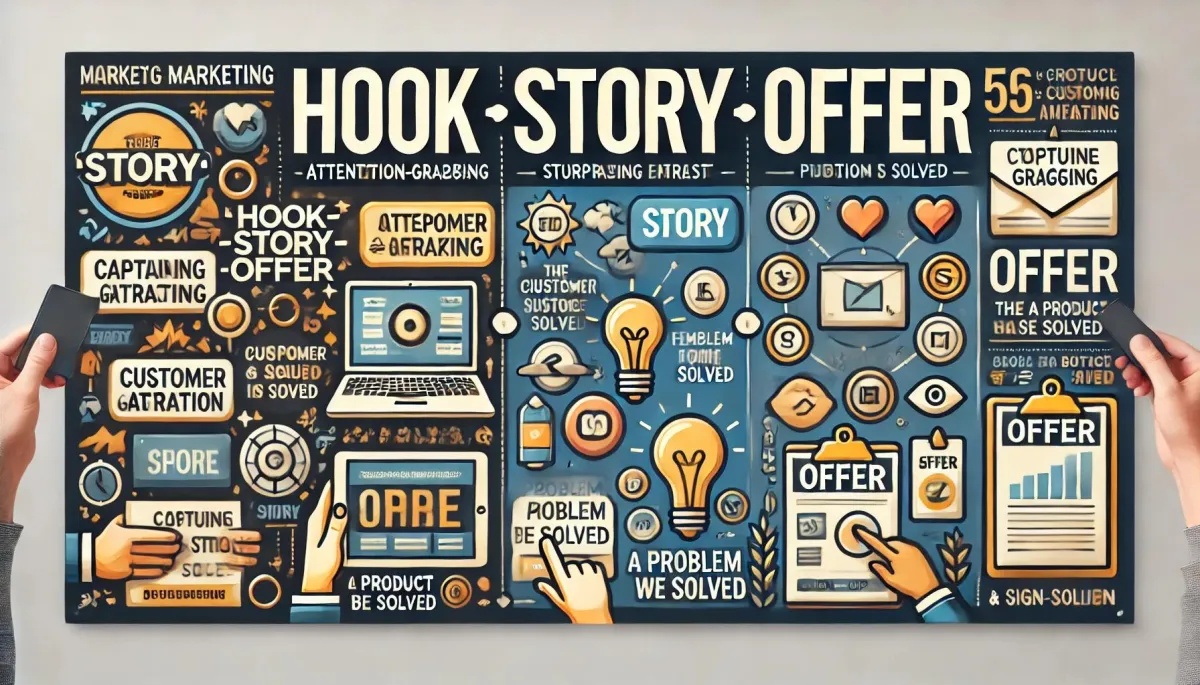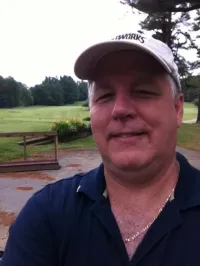Online Marketing Tips Blog
In this Daily blog, I'll try to answer the most burning questions for online marketing that I get in my consulting business. We help online business owners who are in affiliate marketing, coaching, eLearning and Online Events every single day. I'll share that info with you!

Why the Hook-Story-Offer Method is the Secret Ingredient for Marketing Success
Grabbing attention, creating connection, and driving action—these are the building blocks of effective marketing. But with countless brands competing for the same eyeballs, how do you stand out? Enter the Hook-Story-Offer (HSO) method—a proven framework that can transform your marketing campaigns.
Whether you're creating an email sequence, a social media ad, or a landing page, this technique simplifies your messaging, captures attention, and persuades customers to take action.
If you're a marketer or email marketer looking to refine your strategy, this guide will show you why the Hook-Story-Offer method is so powerful, how to implement it effectively, and why it works across every platform.
What is the Hook-Story-Offer Method?
Coined by marketing expert Russell Brunson, the Hook-Story-Offer framework is a three-step formula designed to turn cold audiences into engaged customers.
Here’s how it works:
1 The Hook grabs attention. It’s the irresistible element that gets someone to stop scrolling, open your email, or click your ad.
2 The Story creates connection. Humans are wired to remember narratives, so your story builds trust and relevance with your audience.
3 The Offer seals the deal. This is the point where you present customers with the value they’ll receive and give them a reason to act immediately.
Put simply, it’s about capturing attention, fueling curiosity, and delivering value.
Why the Hook Matters
The saying "You never get a second chance to make a first impression" rings especially true in marketing. With attention spans shorter than a TikTok video, the first few seconds are critical.
A solid hook gives your audience a reason to pay attention. It's the headline, the visual, or the opening lines that make someone stop scrolling or click "open."
Tips for Creating an Unforgettable Hook
• Make it specific: Use clear and precise language to set expectations for what’s to follow. Examples include stats, curiosity triggers, or bold claims.
Example: “How I Doubled My Email List in 30 Days (Without Paid Ads)” is far more enticing than “How to Grow Your Email List.”
• Ask a question: Asking a question engages your audience and makes them think about their own experiences.
Example: “Why Aren’t Your Emails Converting Like They Should?”
• Create urgency: Use time-sensitive language to encourage immediate action.
Example: “50% Off Ends Tonight—Here’s How to Claim It.”
Real-Life Example of a Great Hook
Dollar Shave Club launched with the memorable line, “Our blades are f**ing great.”* Not only did it grab attention immediately, but it also set the tone for the brand’s personality. The video went viral, and the rest is history.
The Power of Storytelling
Once you’ve captured attention, it’s time to create an emotional connection. This is where the story comes into play. A good story doesn’t just explain a product or service—it resonates on a deeper level by addressing your audience’s challenges, desires, or fears.
Why Stories Work
Our brains are hardwired for stories. They engage multiple areas of the brain, making the content more memorable and relatable than a list of dry facts or features. Stories humanize your brand, making it easier for customers to trust you.
How to Craft a Compelling Story
• Focus on the customer, not the brand: Your audience should see themselves in the story. Position them as the hero, and your brand as the tool or guide that helps them succeed.
• Highlight transformation: Show how your product has solved a problem or improved someone's life, painting a vivid “before and after” picture.
Example in email marketing context:
"Last year, Rachel struggled to get her emails opened—until she tried our AI subject line tool. Now, she enjoys a 50% open rate every week. Imagine what you could achieve with the same tool."
• Show authenticity, not perfection: Customers relate to challenges and struggles. Be transparent about how success has been achieved, even if the path was bumpy.
Real-Life Storytelling in Action
Nike’s "Just Do It" campaign remains iconic because of its stories. Take Serena Williams' ad—Nike didn’t just sell sneakers; they framed Serena as a hero overcoming every obstacle, inspiring their audience to aspire for greatness.
Why the Offer is Irresistible
The final piece of the puzzle is the offer. Even with an incredible hook and story, potential customers need a clear, compelling reason to act. Your offer ties everything in the HSO method together.
What Makes an Offer Irresistible?
• Clear Value: Be specific about what your audience is getting.
Example: Instead of saying, “Sign up today,” say, “Sign up to get access to our free 10-day email course that will boost your ROI by 40%.”
• Scarcity: Encourage immediate action by limiting availability or using a deadline.
Example: “Only 100 spots remaining!” or “This deal expires in 24 hours.”
• Bonuses and Add-ons: Add extra incentives to sweeten the deal. Over Deliver!
Example: “Plus, you’ll get a free eBook on how to write better CTAs!”
Pro Tip for Email Marketers
Pair your offer with a simple and direct call-to-action (CTA). Avoid giving multiple choices—keep it short and sweet. For instance, use buttons like "Get My Free Guide Now" instead of a vague, “Click here.”
Case Study of an Irresistible Offer
One famous example is Groupon. Their offers, often highlighting steep discounts and limited-time deals, perfectly incorporate scarcity and clear value. “$100 Dinner for Only $50—Expires Tonight” is a compelling reason to act now.
Why the HSO Method Works Across Platforms
One of the most powerful aspects of the Hook-Story-Offer method is its versatility. With slight adjustments, it works across various platforms and formats, including:
• Social Media Ads: Use catchy visuals as the hook, a brief relatable anecdote for the story, and a CTA button for the offer.
• Landing Pages: Start with a bold headline, include a customer success story or demo as the narrative, and top it off with a sign-up form.
• Email Campaigns: Follow the HSO structure over the course of multiple emails—each deepening engagement and increasing urgency around the offer.
Regardless of the platform, the psychology stays the same. The hook snags attention, the story holds interest, and the offer drives actions.
Start Using HSO Today
The Hook-Story-Offer method is far more than just a formula—it’s a mindset. By integrating HSO into your marketing campaigns, you’ll not only increase reach but also create stronger connections to your audience and drive conversions with ease.
Want to refine your HSO approach? Start by analyzing your next campaign to ensure each of these elements is solidly in place.
If you are ready to learn from the Master, Russell Brunson teaches a 3 day course in selling online that will help you to master this skill for any marketing endeavor. Check it out here.
If you have specific questions you would like to see answered in this blog, please send them to me at [email protected]. I will try to address every question here.
If you follow the links in my blog, some of them will be affiliate links and I will be compensated if you purchase a course or product from these links. This is no way increases your price or changes my opinion on these courses. I only recommend things I use in my business.
For the absolute best training online for Affiliate Marketing, Coaching, Events & Masterminds and eLearning - Online Courses: Check out our Flagship Program Here.

Copyright © 2025 | All Affiliate Cash | All Rights Reserved
There may be affiliate links on these pages. When you follow them and purchase something, I may be paid a commission. This does not raise your cost of the item, and does not influence my opinion or review of the item in any way.
NOT FACEBOOK™: This site is not a part of the Facebook™ website or Facebook Inc. Additionally, This site is NOT endorsed by Facebook™ in any way. FACEBOOK™ is a trademark of FACEBOOK™, Inc.

